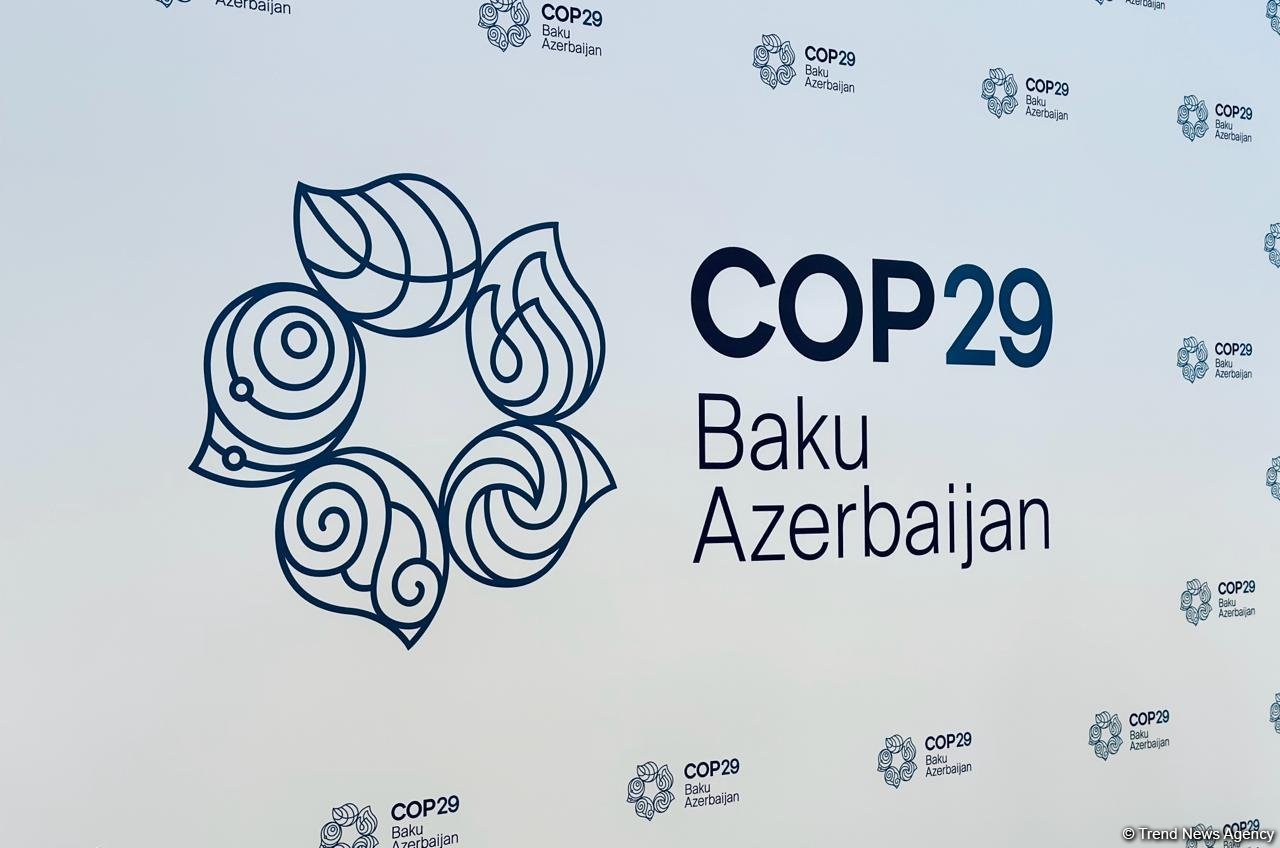BAKU, Azerbaijan, October 28. The upcoming 29th Conference of the Parties (COP29), set to take place in Baku, Azerbaijan, from November 11 to 22, presents a pivotal opportunity for Central Asian nations. This climate conference is poised to enhance regional resilience against climate change while fostering cooperation and sustainable development across the region. Central Asia, with its unique vulnerabilities to environmental shifts, stands to benefit significantly from the conference’s focus on green energy initiatives and climate financing.
Central Asia is particularly affected by climate change, grappling with challenges such as water scarcity, extreme weather, and fluctuating agricultural yields. COP29 will provide a platform for collaboration among these nations to devise strategies that bolster their resilience. Through knowledge-sharing and partnership discussions, Central Asian countries can adopt best practices for climate adaptation and mitigation, ultimately improving their climate policies and commitments.
Multilateral development banks (MDBs) are expected to play a crucial role during COP29. Their involvement will facilitate increased access to international climate finance, allowing Central Asian countries to fund renewable energy projects, improve energy efficiency, and bolster climate resilience. MDBs can provide essential resources and technical assistance to support the region’s transition to sustainable energy sources.

In an interview with Trend, AIIB President Jin Liqun underscored the significance of collaboration in addressing climate change: "We were involved in COP27, COP28 and we will also participate in COP29. The idea is to exchange ideas with other MDBs, partners, and various sovereign government delegations. It is very important to remember that climate change is a global challenge, clearly a danger facing humanity. Only by working together can we hope to limit global warming to within 1.5 degrees Celsius. We attach great importance to COP27, COP28, and the upcoming COP29, and we have developed very close cooperation with all stakeholders in this area. Some delegations will be coming from AIIB to Azerbaijan for this purpose".
The AIIB’s participation, along with other MDBs, highlights the global commitment to tackling climate challenges and addressing the specific needs of Central Asia.

The Organization for Security and Co-operation in Europe (OSCE) also emphasizes the importance of climate resilience in Central Asia through cross-border collaboration. Speaking with Trend, OSCE Secretary General Helga Schmid remarked, "COP29 will be one of the most important events this year," signaling the organization’s intent to engage in discussions about climate security and the environmental threats faced by the region.
The OSCE's initiatives are designed to enhance climate resilience and address the risks posed by climate change, aligning with the broader objectives of COP29. Their participation will facilitate dialogue among Central Asian nations and promote regional cooperation in tackling climate-related issues.

Moreover, the International Renewable Energy Agency (IRENA) is set to launch a new initiative for Central Asia at COP29. Director General Francesco La Camera shared with Trend that IRENA is working closely with Central Asian countries and Azerbaijan to facilitate the interconnection and integration of energy systems. "We are considering possibilities to facilitate financing of projects," he noted, emphasizing the agency's commitment to enhancing energy interconnectivity in the region.
IRENA will also host an investment forum during COP29, marking a significant step toward mobilizing resources and fostering partnerships for renewable energy projects in Central Asia.
As the first country in the region to host an event of this magnitude, Azerbaijan is uniquely positioned to provide a platform for the South Caucasus and Central Asia to tackle climate change challenges. Thanks to the efforts of President Ilham Aliyev and his successful multifaceted policy, Azerbaijan and Central Asian nations have already implemented numerous joint projects.
A key highlight of COP29 will be the discussions surrounding the transit of green energy from Central Asia to Europe via Azerbaijan. This initiative stems from a Memorandum of Cooperation signed by Azerbaijan, Kazakhstan, and Uzbekistan, which aims to create a joint communication and green energy corridor. With the feasibility study already approved and the Italian company CESI selected to spearhead the project, the establishment of a joint venture headquartered in Baku marks a significant step forward.
Kazakhstan’s Ambassador to Baku, Alim Bayel, emphasized the importance of this initiative, stating, "At COP29, Azerbaijan, Kazakhstan, and Uzbekistan will officially launch a new project aimed at transporting clean energy from Central Asia to Europe through Azerbaijan." This initiative not only aims to provide Europe with a sustainable energy solution but also enhances energy security for Central Asian countries by diversifying their energy exports.
Both regions share common interests in ensuring regional security and stability, which is increasingly evident in their collaborative efforts. Growing attention is being paid to infrastructure development, including transport and logistics projects linking Azerbaijan with Central Asia, such as the Middle Corridor, for instance. This initiative not only enhances trade connectivity but also facilitates the movement of goods between Europe and Asia.
Furthermore, Azerbaijan and Central Asian countries are active participants in international platforms addressing shared issues like climate change, sustainable development, and global economic challenges. Their engagement in events such as COP29 allows for joint discussions and the exchange of best practices.
With the backing of multilateral development banks and international organizations, COP29 stands as a catalyst for meaningful change in Central Asia. The focus on green energy corridors, climate resilience, and regional cooperation will not only benefit the environment but also contribute to the economic stability and growth of Central Asian nations. The discussions and initiatives launched at COP29 will pave the way for a more sustainable and climate-resilient future in the region.







